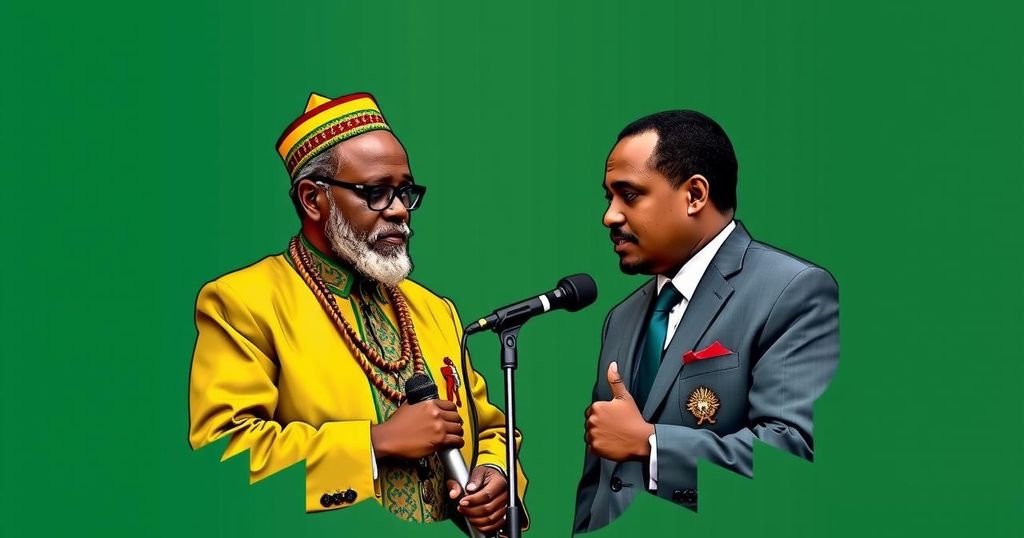CenPOA Warns Against Political Endorsements by Traditional Rulers in Ghana
The Centre for Public Opinion and Awareness (CenPOA) warns that endorsements of political parties by traditional rulers in Ghana could threaten national unity and stability. Executive Director Michael Donyina Mensah highlights the unconstitutionality of these endorsements, particularly ahead of the December 7 elections, advocating for a return to apolitical traditional leadership to safeguard the country’s development.
The Centre for Public Opinion and Awareness (CenPOA) has raised significant concerns regarding the endorsements of political parties and candidates by traditional leaders in Ghana. Executive Director Michael Donyina Mensah emphasized that the constitution explicitly prohibits such actions, yet they have become increasingly prevalent ahead of the December 7 general elections. Mensah asserted that this trend could severely jeopardize national unity and social cohesion if not urgently addressed. In an interview, he underscored the necessity for traditional rulers to remain apolitical and recognized the detrimental effects of political involvement in chieftaincy matters, referencing ongoing conflicts such as the Bawku dispute as examples of how politicization complicates resolutions.
Mensah articulated that the current electoral cycle has seen unprecedented instances of chief endorsements, which contravene constitutional provisions. He cited historical examples from European monarchies as a cautionary tale, noting that while such rulers once wielded significant power, their roles have evolved, leading to diminished authority in modern governance. Thus, he called for a reevaluation of the chieftaincy’s role in Ghana’s politics, urging that political endorsements based on ethnic or religious affiliations hinder the country’s progress and national unity.
Furthermore, he warned of potential backlash from disillusioned youth if traditional leaders do not adhere to their constitutional responsibilities. Mensah’s message was clear: to preserve their authority and respect, chiefs must refrain from engaging in divisive political matters. He advocated for a return to non-partisan traditional leadership, positing it as essential for Ghana’s future stability.
The political landscape in Ghana has seen increasing involvement of traditional leaders, particularly during electoral periods. This practice raises questions about the adherence to the legal framework governing the political conduct of chiefs, which forbids such endorsements. Historically, the relationship between chieftaincy and politics has been complicated, especially in areas experiencing conflicts. Understanding the consequences of this involvement is critical to assessing potential threats to the nation’s democracy and development.
In conclusion, the endorsement of political candidates by chiefs poses significant risks to Ghana’s unity and stability. The Centre for Public Opinion and Awareness argues for strict adherence to constitutional provisions that prohibit such actions, emphasizing the need for traditional leaders to maintain a non-partisan stance. If this political trend continues unchecked, it could lead to further unrest and division, ultimately undermining the authority of traditional institutions and the country’s democratic framework.
Original Source: www.ghanaweb.com




Post Comment